Workshop: Re-imagining Digital Public Spaces for Democracy
We conducted our first international workshop in February 2025 in Berlin on “Re-imagining Digital Public Spaces for Democracy: Interrelations and Forces”. In any theory of democracy, be it electoral, liberal, radical, or otherwise, the public spaces feature prominently as one of the core ingredients for democratic societies. This workshop explored the crises of democracy through the lens of public spaces, emphasizing their critical role in democratic societies.
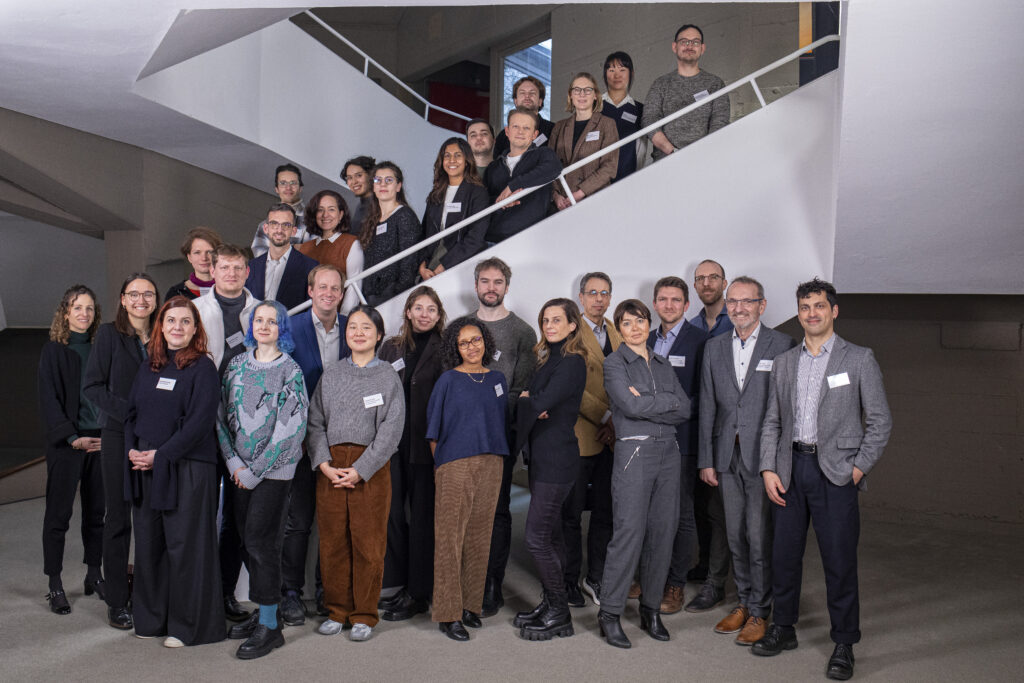
In liberal democracies, public spaces are expected to foster relationships, enable participation, and facilitate debates, but the advent of digital technologies has transformed these expectations. Social media, algorithmic practices, and generative AI have altered how we connect, perceive distance, and form communities, raising questions about the fragmentation of reality and traditional democratic concepts.
Discover more about the panels, presentations, and participants. Find videos of our panelists, where they answer the question:
How do you envision a digital public space that benefits democracy?
Workshop
Forces: People and Profit in the Digital Public Space
Panel I – Commodities and Common Goods in the Digital Public Space
Chair: Germán Oscar Johannsen
- Catalina Goanta: Commercial constitutionalism and the New Social Media
- Raffaela Kunz: Scholar-Led Journals as Digital Commons: Resisting Commodification and Reclaiming Knowledge in the Digital Public Space
- Sarah Hinck: Markets for People
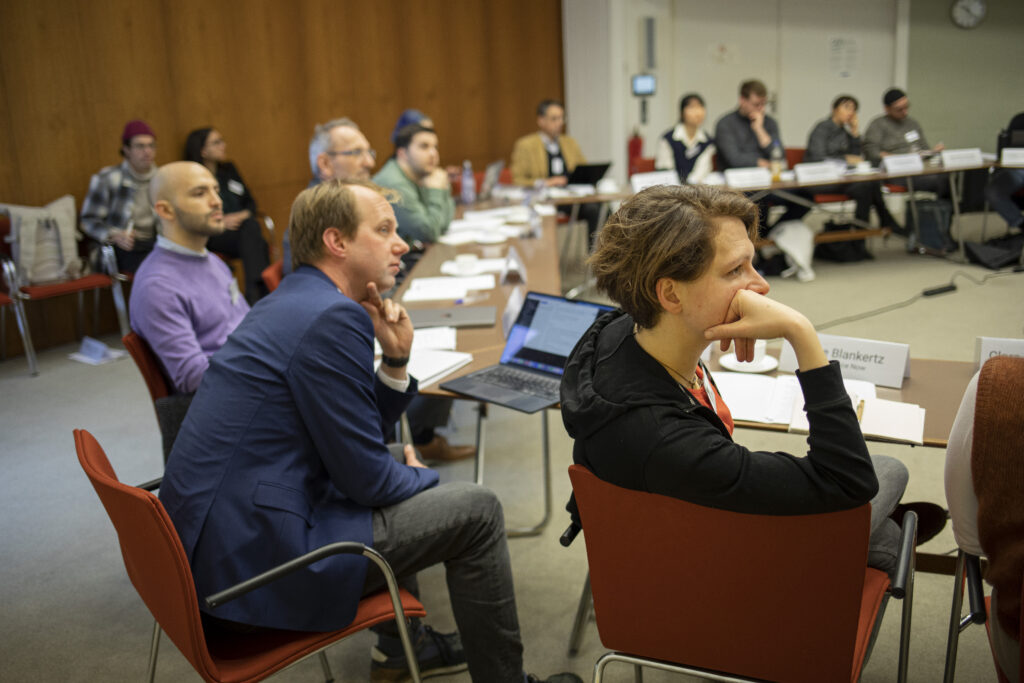
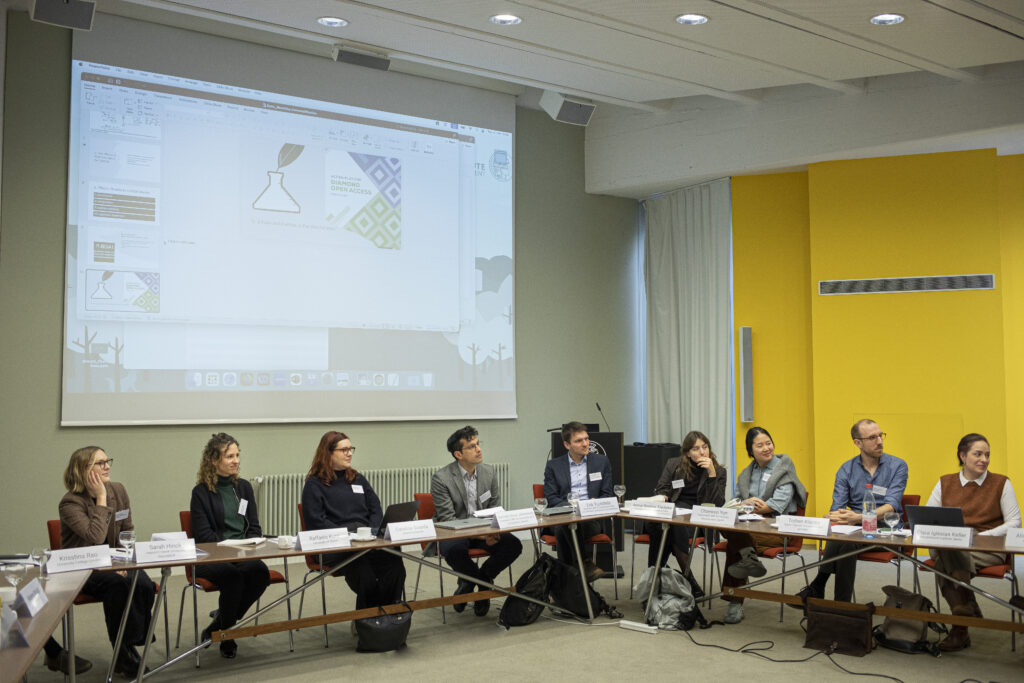
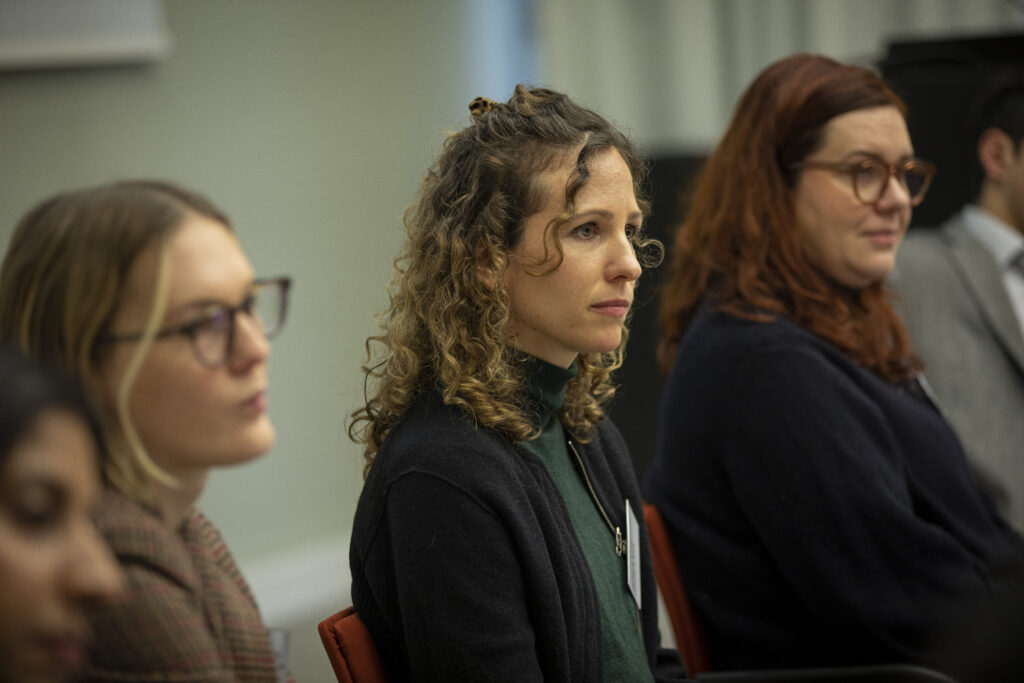
Panel II – Digital Public Spaces for and by the People
Chair: Erik Tuchtfeld
- Clara Iglesias Keller: Democratic Governance in Digital Platforms: The Role of Law and Regulation
- Thorsten Thiel: From Clickbait to Civic Debate: Media Vouchers as a Way to Reinvigorate Democracy
- Gijs van Maanen: Collective data governance: from commons to community washing
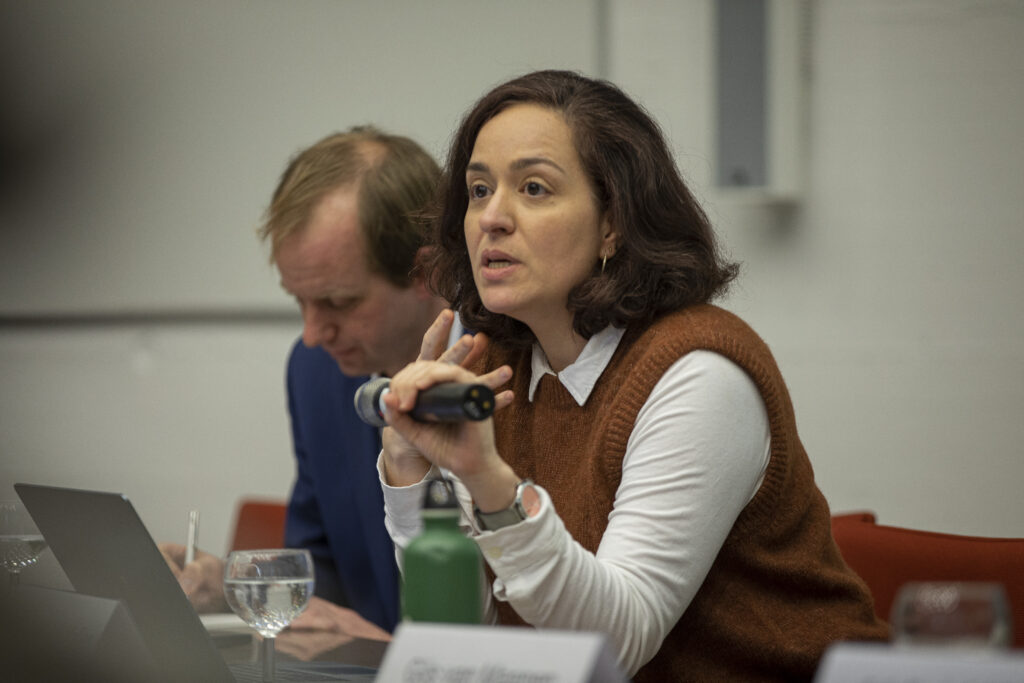
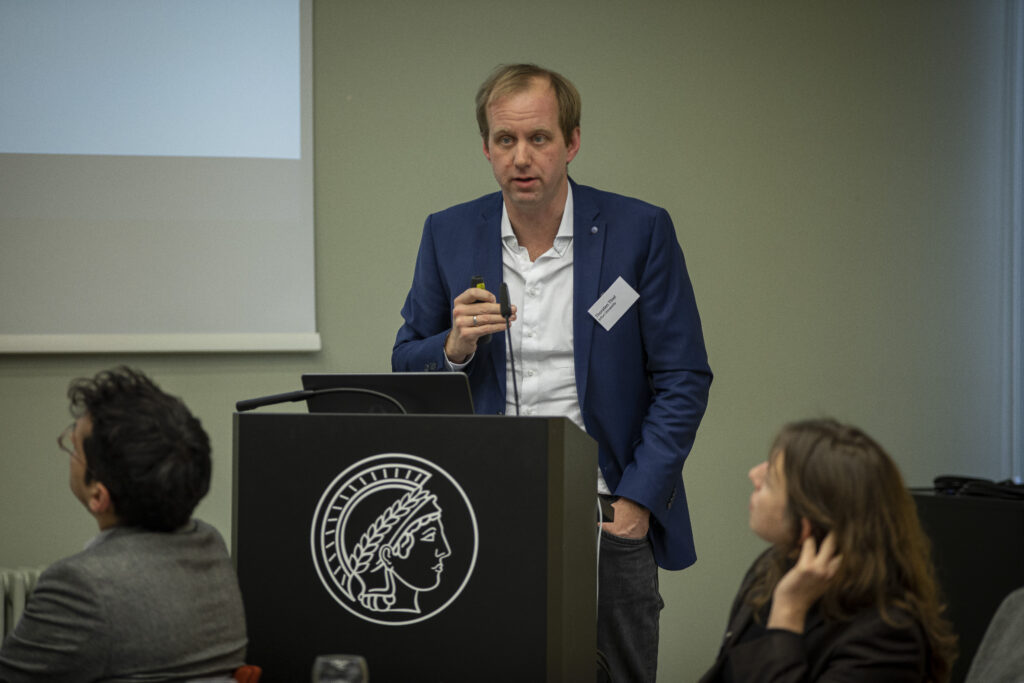
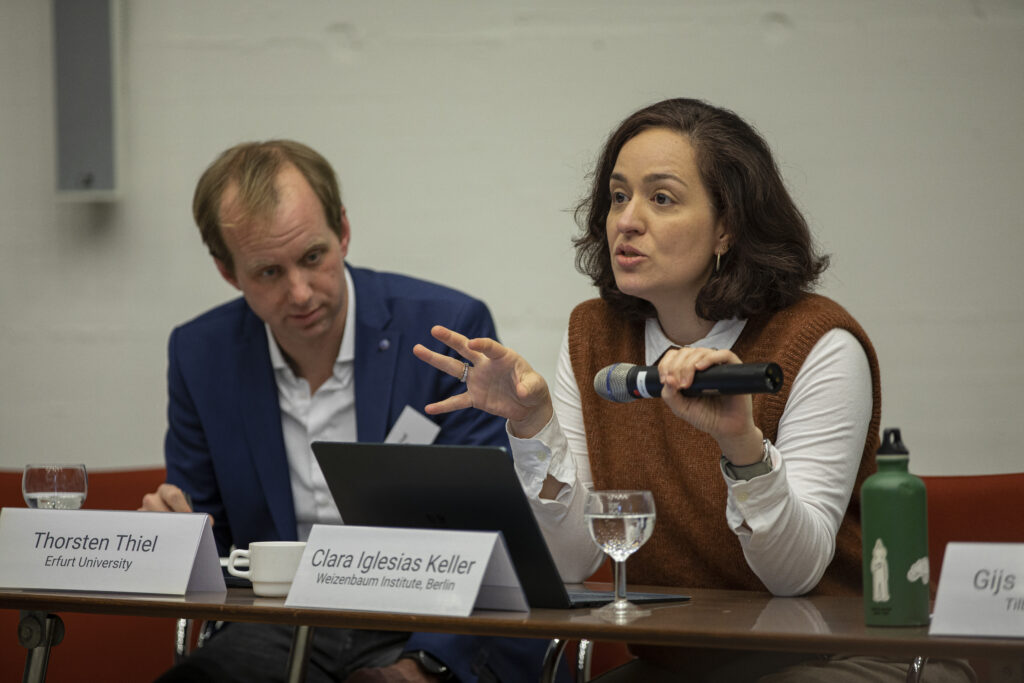
Panel III – A New Industrial Policy Approach to Digital Public Spaces
Chair: Josef Drexl/Germán Oscar Johannsen
- Elettra Bietti: Data is Infrastructure
- Francesca Bria: The EuroStack: A European Alternative for Digital Sovereignty
- Krisstina Rao: The Digital Public Infrastructure Map Initiative
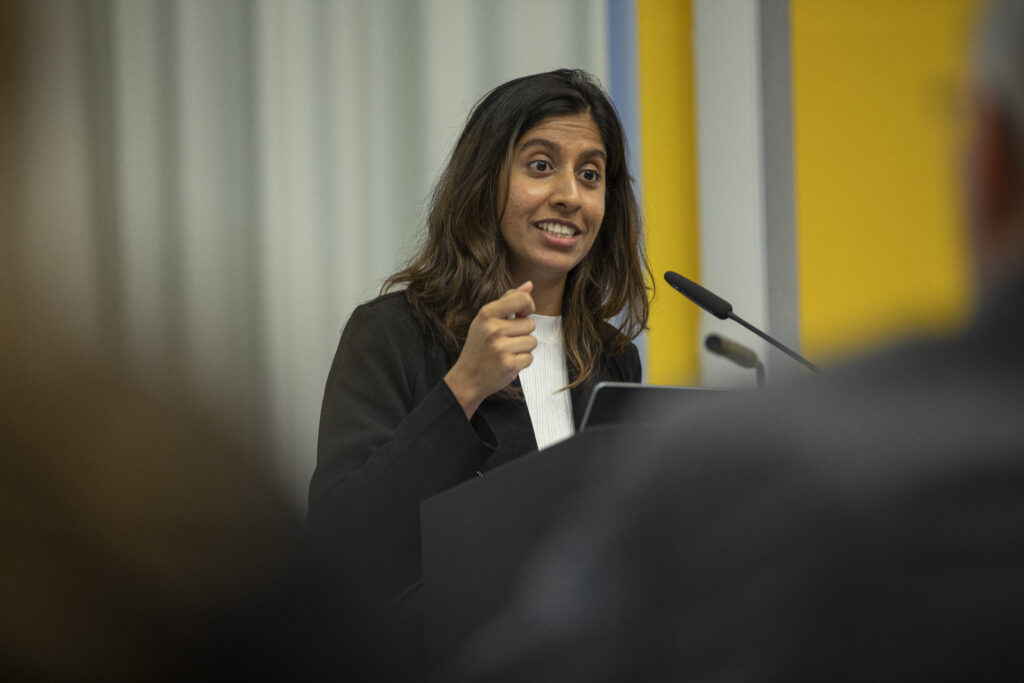
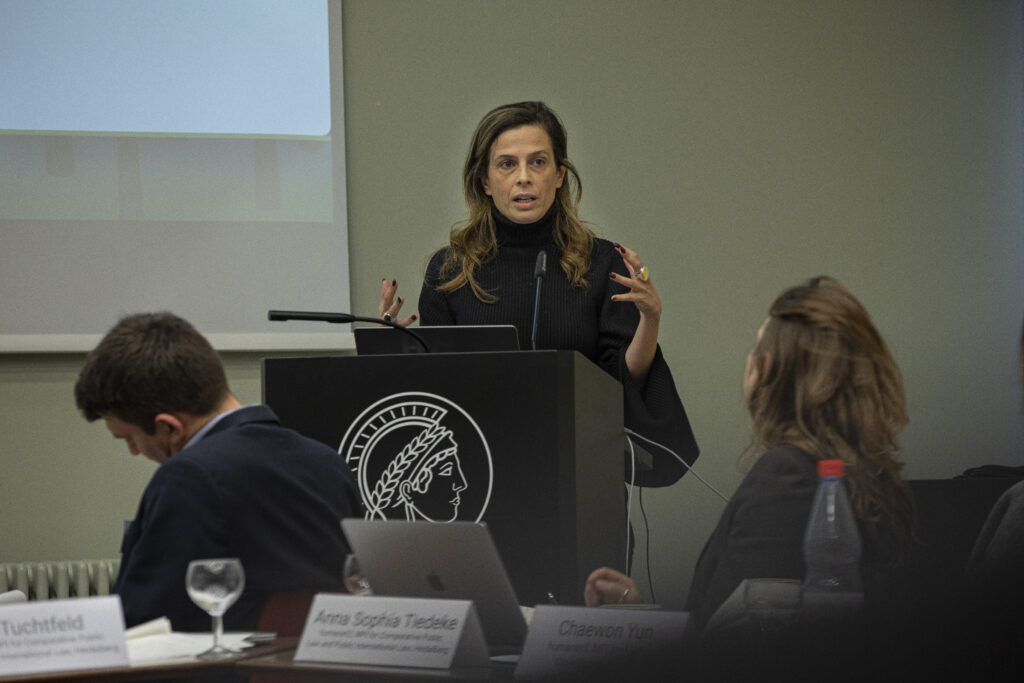
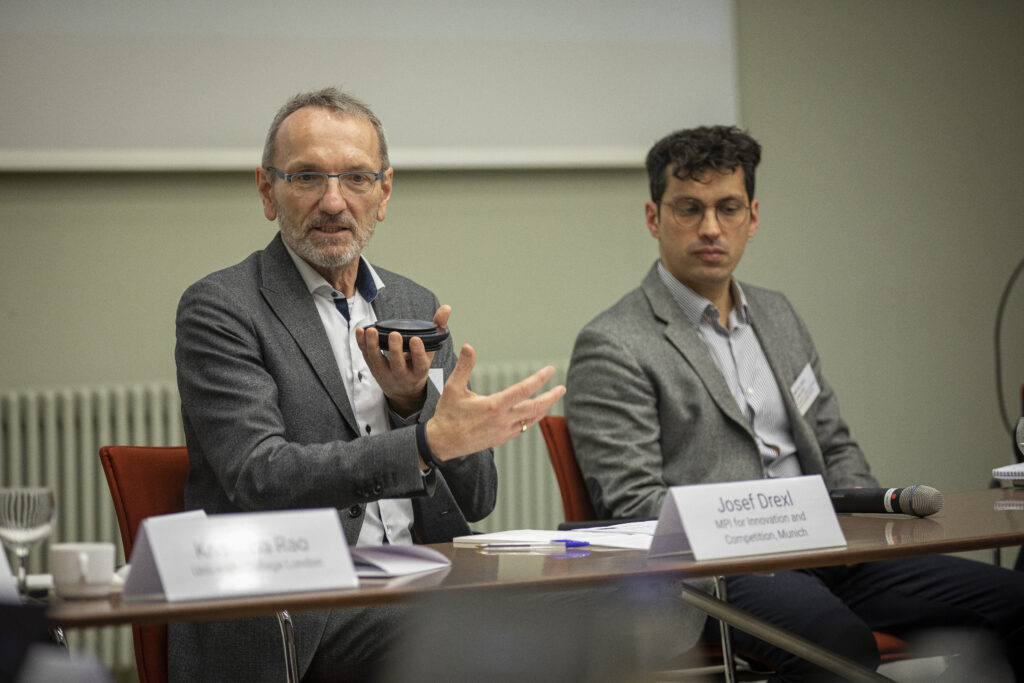
Interrelations: The Individual and the Collective in the Digital Public Space
Panel IV – Democratic Deliberation in the Digital Public Space
Chair: Anna Sophia Tiedeke
- Meike Kamp: Political advertising and targeting
- Philipp Lorenz-Spreen: Revisiting the Echo Chamber Debate
- Robert Gorwa: Legitimacy and Capacity Constraints for Democratic Platform Design
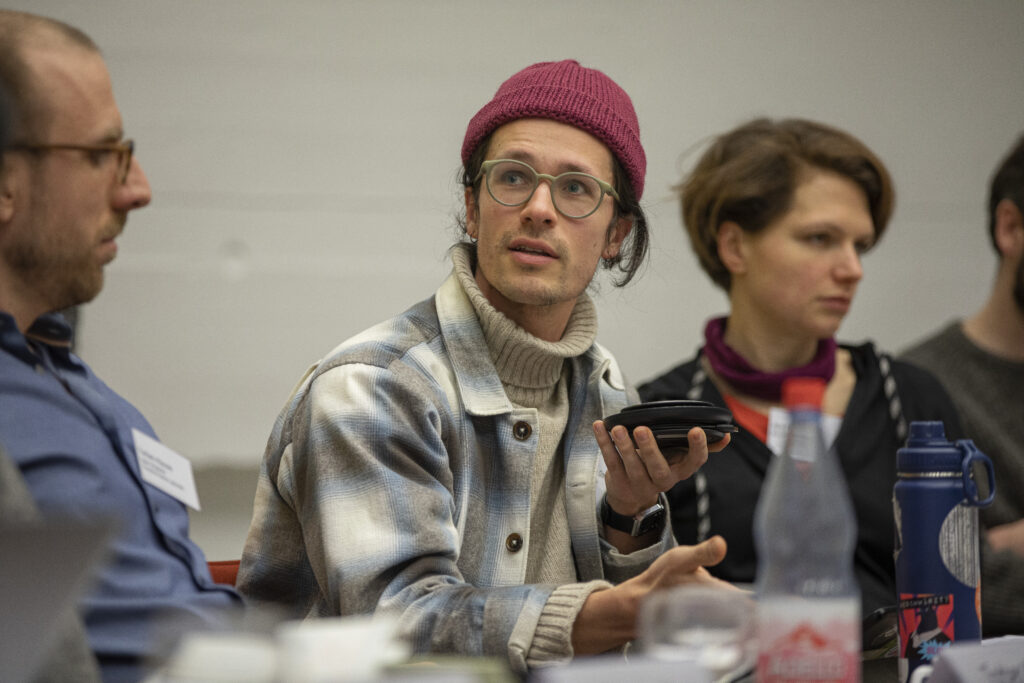
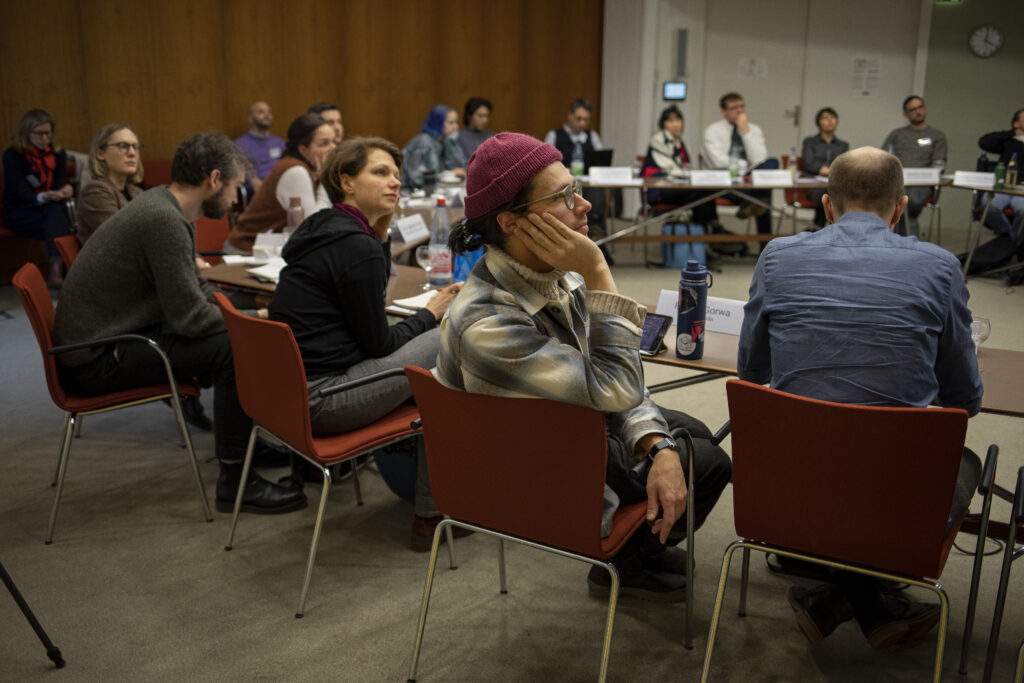
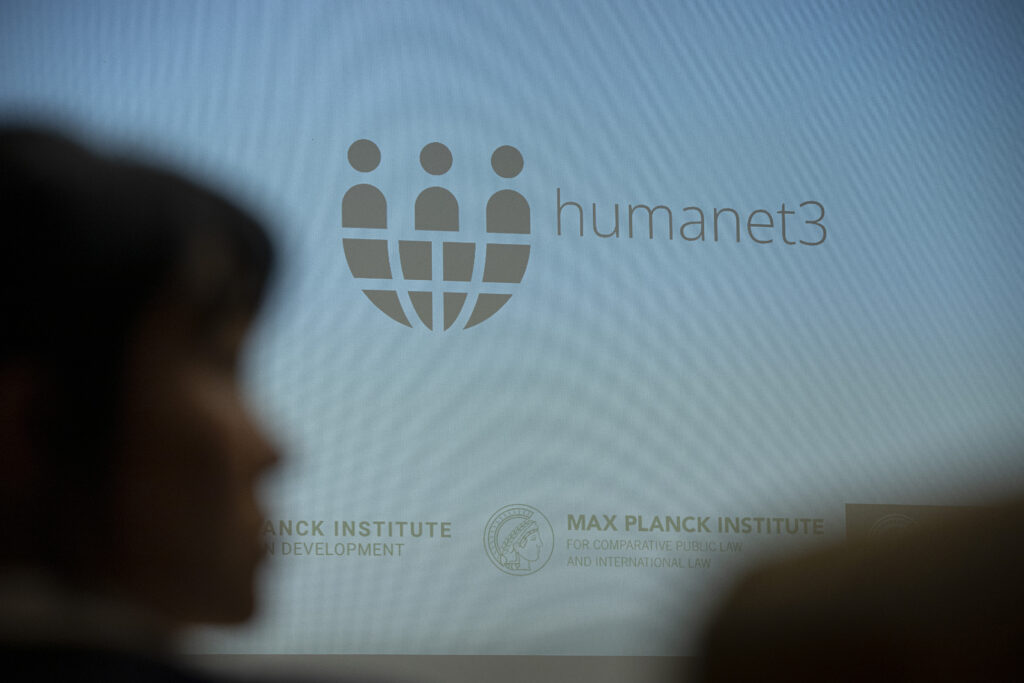
Panel V – Participation in the Digital Public Space
Chair: Anna Sophia Tiedeke
- Iyad Rahwan: What role for global public opinion in AI regulation? The moral machine experiment
- Sandra Wachter: Generative AI, hallucinations and careless speech: how artificially created mistruths are poisoning our shared reality, history and common knowledge
- Raphaële Xenidis: Troubled subjects: algorithmic clustering and legal subjectivation techniques
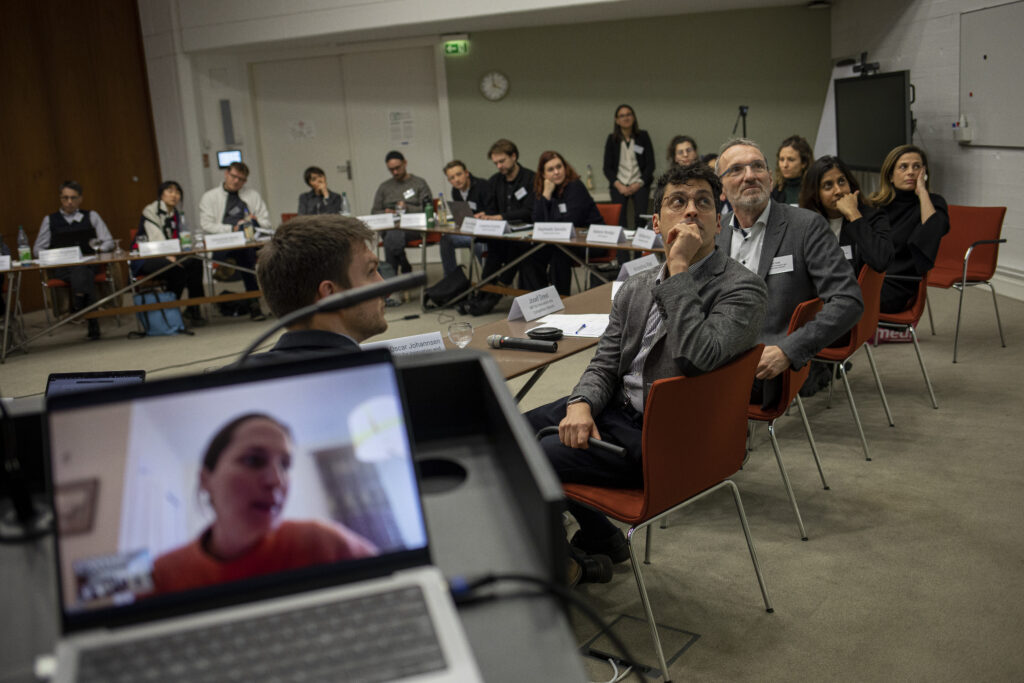
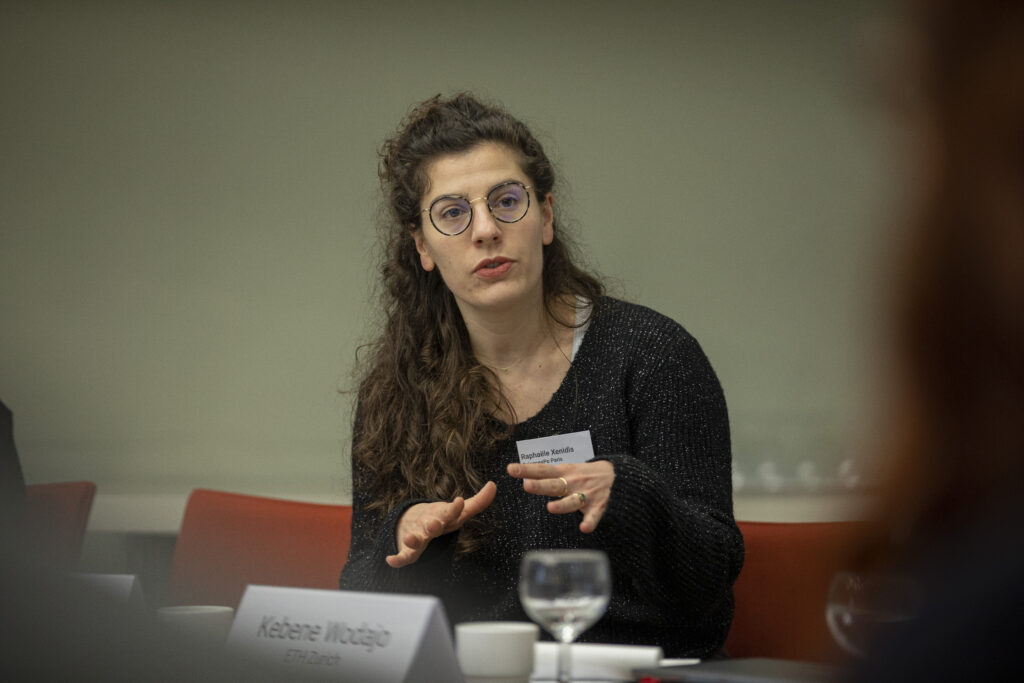
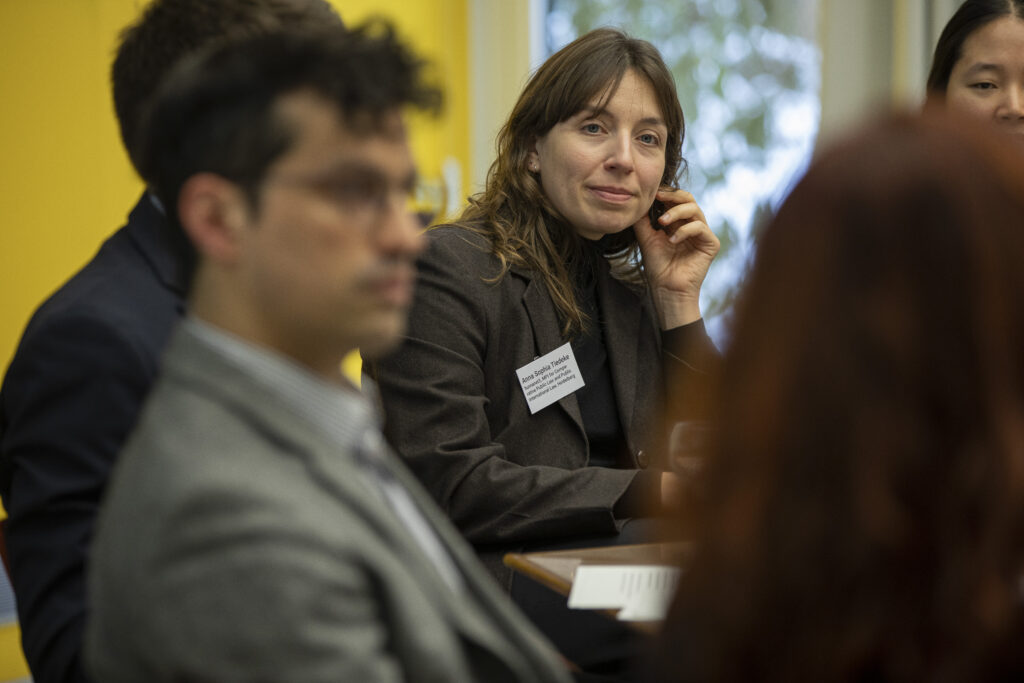
Panel VI – Perceptions of the Digital Public Space
Chair: Erik Tuchtfeld
- Ophelia Deroy: Why our attention has always been under influence, and when it is a good thing
- Chaewon Yun: Generative AI’s “Perception” of the Digital Public Space: The Biased Data Problem
- Kebene Wodajo: A structural critique of the digital public space
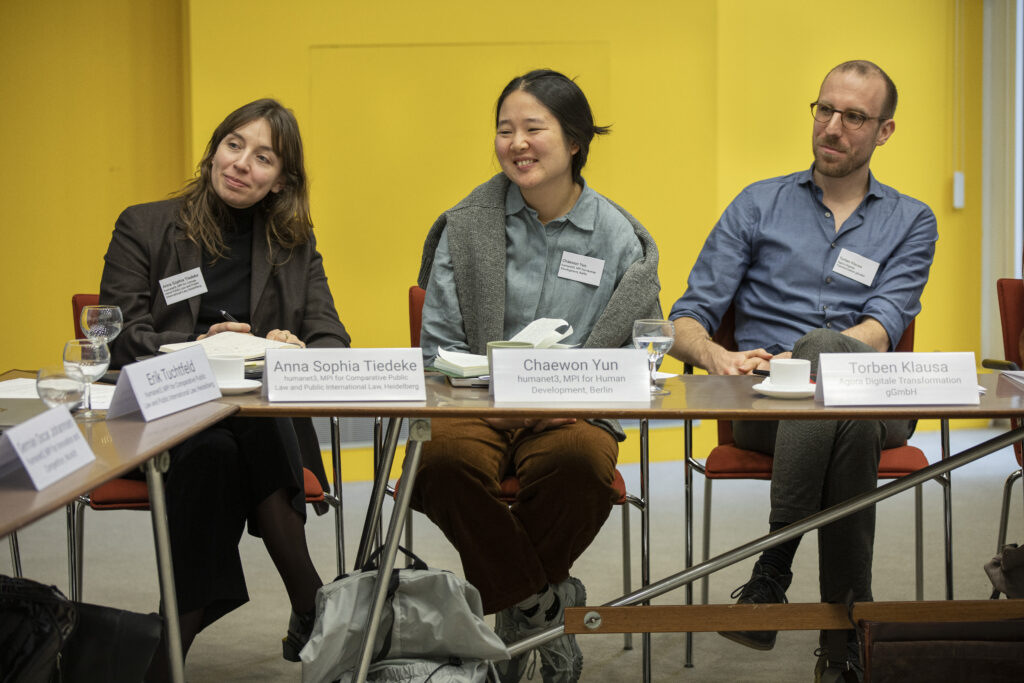
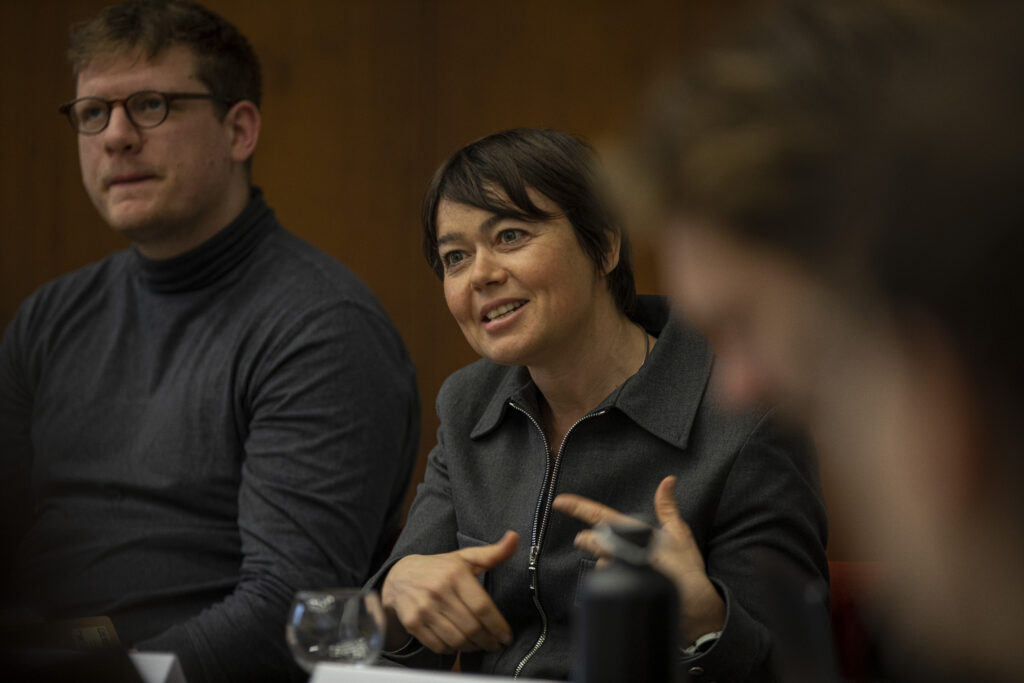
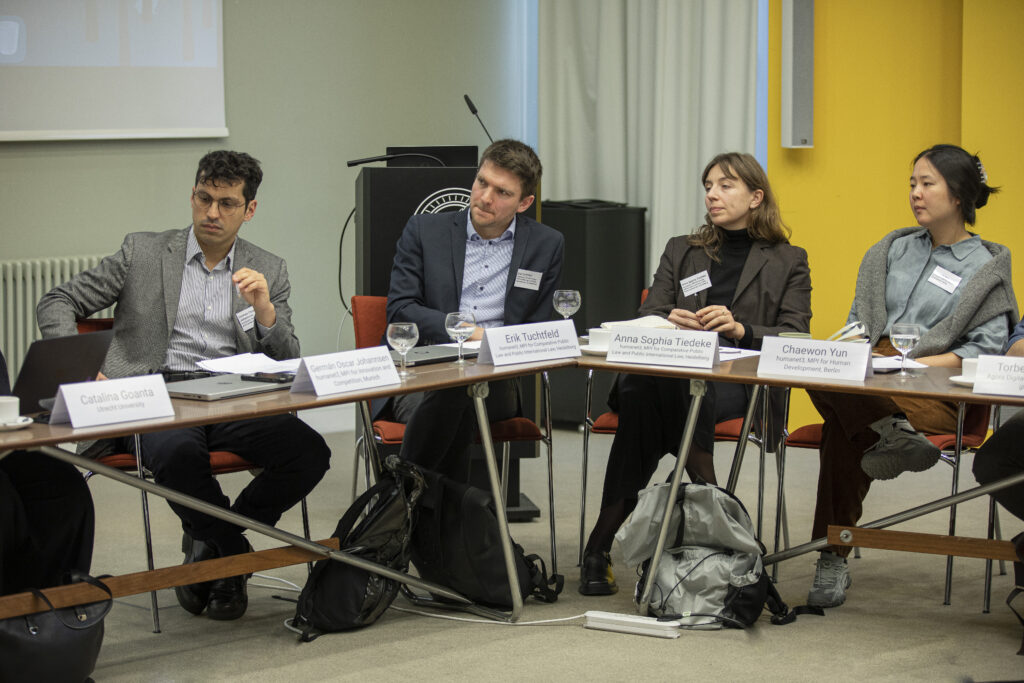
Panel VII – Alternative Infrastructures for the Digital Public Space
Chair: Chaewon Yun
- Aline Blankertz: Dynamics between community-led and ad-driven platforms
- Paul-Christian Britz: Trying out new things in the media landscape
- Paul Sharratt: Can Digital Public Spaces Exist Without Public Investment in Digital Infrastructure?
Acknowledgements and Venue
The workshop took place at the Max Planck Institute for Human Development (MPIB), Lentzeallee 94, 14195 Berlin (Google Maps).
We are grateful for the generous financial support of the Fritz Thyssen Foundation.
